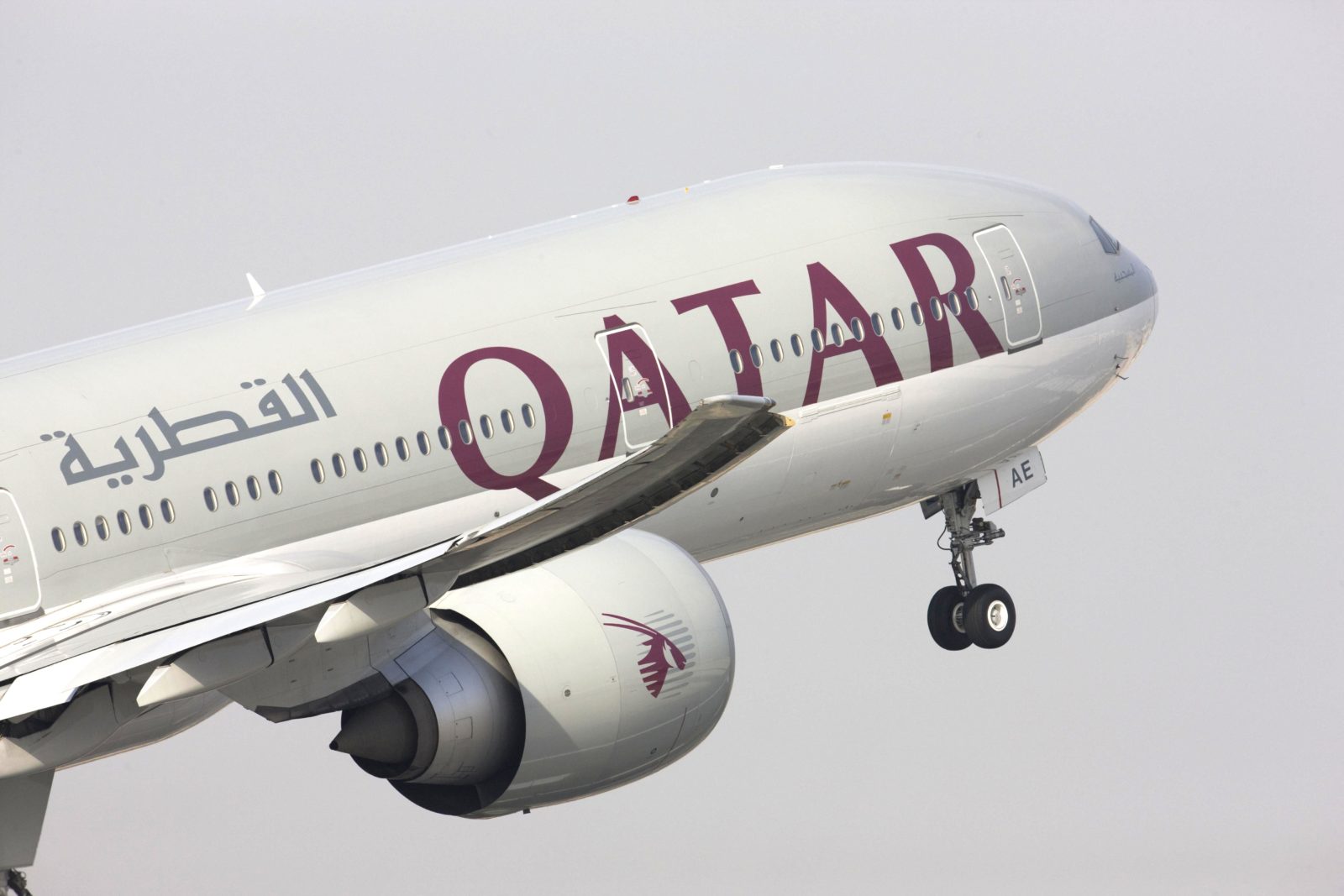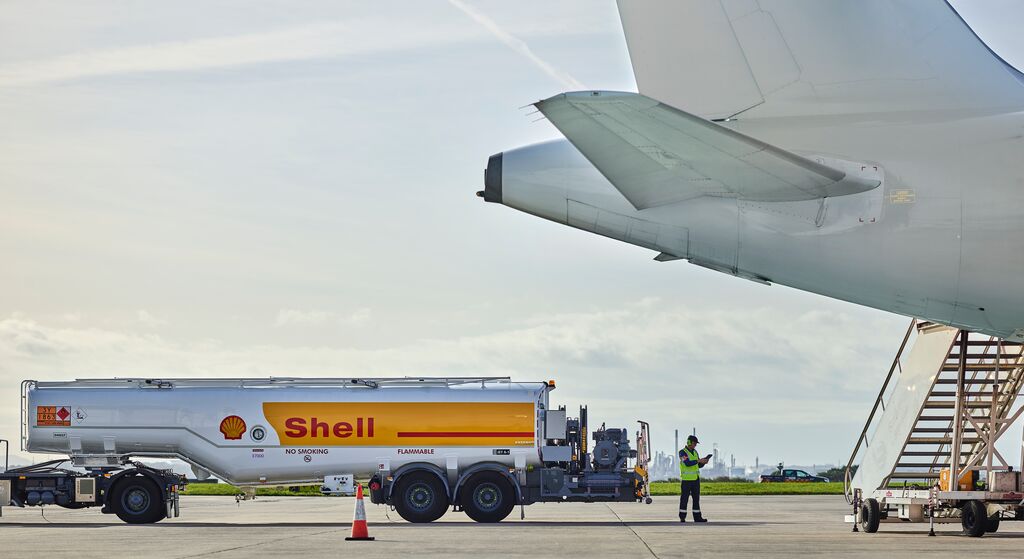
Qatar Airways has signed a multi-billion-dollar deal with the Anglo-Dutch oil company Shell to supply the airline with 3,000 metric tonnes of sustainable aviation fuel at Amsterdam Schiphol Airport in the Netherlands.
The Doha-based carrier said the deal means that around 5% of its fuel requirements in Amsterdam would now be supplied by SAF between April 2023 and April 2024.

Qatar Airways estimates that it will be able to reduce its CO2 emissions by 7,500 tonnes this fiscal year as a result of this deal alone and that the airline is targeting 10% of combined fuel volumes to come from sustainable aviation fuels by 2030.
Chief executive Akbar Al Baker, however, remains sceptical that the airline industry will be able to achieve a much talked about target of achieving net zero by 2050, claiming that it simply isn’t realistic because of the lack of SAFs currently being produced.
Although brand-new planes such as the Airbus A350 are far more fuel efficient than previous generations of aircraft, the airline industry knows that in the absence of radical new technology, the best way to reduce harmful greenhouse emissions from flying is to switch the SAF.
Al Baker warns, though, that existing net zero targets remain out of reach because oil companies simply aren’t willing to produce SAF in the quantities that airlines need.
“We are fighting with oil companies to create the economies of scale to produce SAF in big volumes to bring the price down,” Al Baker said last month.
Sustainable aviation fuels aren’t produced from new pur oil but are derived from sustainable everyday sources like waste oil and fats, green and municipal waste and non-food crops and even algae.
One of the most compelling reasons for switching to SAF is that it can be used in existing aircraft without any modifications. The International Air Transport Association (IATA) estimates that widespread use of SAF could reduce CO2 emissions by up to 80%.
Although Al Baker is right in saying that SAF production remains relatively small-scale and prohibitively expensive, IATA believes that there will be a large acceleration in production in the 2030s, which will, in turn, massively reduce costs.
“SAF is still 3 to 5 times more expensive than fossil-based jet fuel,” warned Al Baker on Wednesday. “This is why it is essential for all stakeholders to play their part in facilitating research & development of SAF facilities, enhancing economies of scale, providing financing and placing supportive policies”.
Mateusz Maszczynski honed his skills as an international flight attendant at the most prominent airline in the Middle East and has been flying ever since... most recently for a well known European airline. Matt is passionate about the aviation industry and has become an expert in passenger experience and human-centric stories. Always keeping an ear close to the ground, Matt's industry insights, analysis and news coverage is frequently relied upon by some of the biggest names in journalism.







